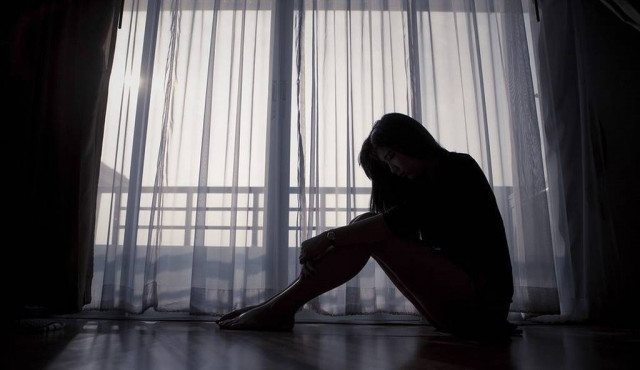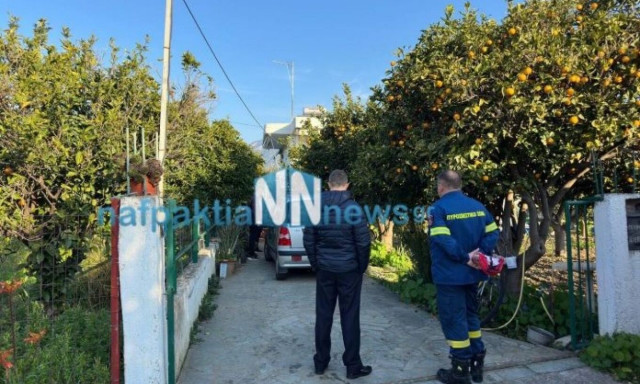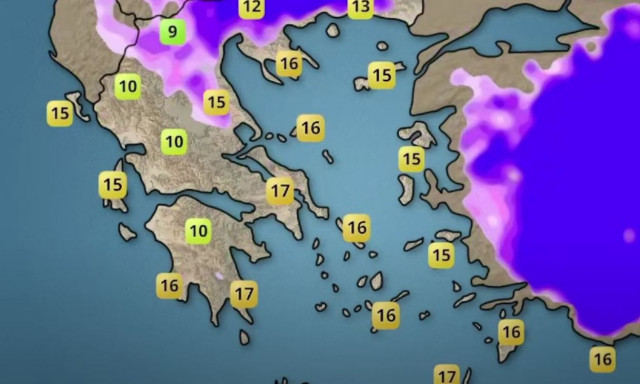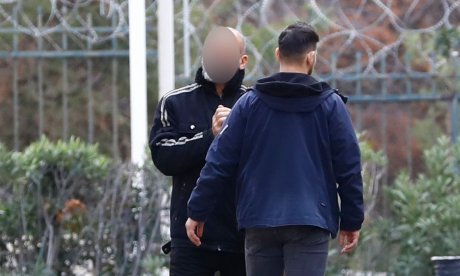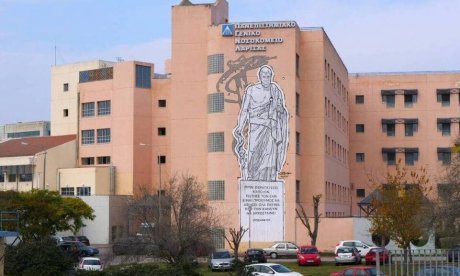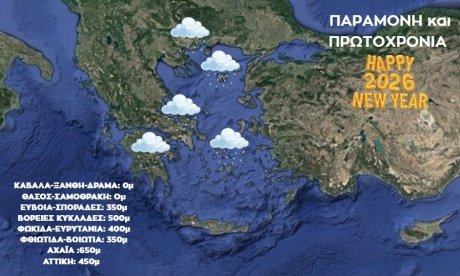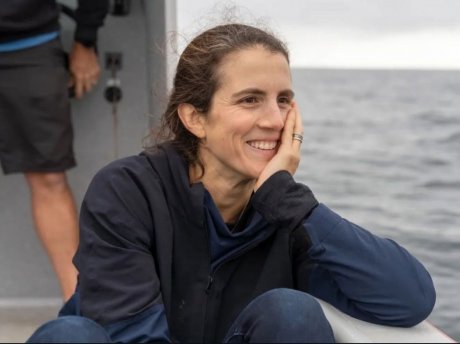Authorities clarify new lockdown restrictions, caution public to observe measures or face stiff fine
This is the first time globally that new coronavirus infections have reached 600,000 in a single day, while they have reached 300,000 in Europe, University of Athens professor Gkikas Magiorkinis said at the live briefing on Friday.

Providing information on the pandemic, the specialist on the Health Ministry's coronavirus committee said that new infections on Friday reached 493 in the Attica region and 683 in that of Thessaloniki. In this second wave, he said, it appears the tables have reversed in the rate of infections. In the past week, for example, a comparison between infection rates per population showed that Attica - the most populous region of Greece - had a "mild infection rate", whereas Thessaloniki region rates were six times higher.
He also cautioned that the death toll will rise dramatically in the coming days, based on current data. The best way of managing the risk of infection he said would be for families to avoid contact with other families for the time being, and to use masks, social distancing and open windows at homes at all times.
Referring to school children, he underlined that infection spread is four to six times lower in young students (ages 1-18) than in the general population. Data so far shows that in the majority of cases, when a class shuts down there has been no need to repeat that for other classes at the same school.
In support of this, Civil Protection Deputy Minister Nikos Hardalias, speaking after Magiorkinis, noted that "protocols at schools are very strict, and the percentage of sections or classrooms that were shut down has steadily remained below 1 pct."
Hardalias added clarifications to the national lockdown measures announced Thursday, as follows:
- He clarified that all incoming travellers to Greece, whether by land or air, were required to provide negative PCR tests taken at most 72 hours before travelling. (Thursday's announcement for different timing between entry points was amended by the experts committee, he noted.) This requirement goes into effect on November 11 (Wednesday), he added.
- Greeks travelling abroad must fill out a PLF form found on travel.gov.gr, 24 hours before travel time. One form per family is enough, Hardalias said.
- For food drive-through and take-aways, he clarified that these are allowed only if combined with one of the six reasons for travel outside one's own home (the SMS reasons for leaving home). For example, he said, you could pick up food on your way to or from work.
- Those taking advantage of the weekend to use hair salons or barber shops before they shut down on Monday should use code #2 in their SMSs (or text messages).
- People with special needs will be allowed use of facilities to exercise, e.g. swimming, he said.
- All worship places are shut and services suspended except for funerals, limited to 9 attendees.
- Samos and Karditsa, which are under special emergency measures for natural disasters (earthquake and flooding, respectively), have different rules. Samiot residents do not have to send out SMSs (text messages) to leave their homes, while Karditsiots do. The latter are allowed to shop at stores that relate to house and business repair and farming equipment.
- The minister also stressed that fishing and hunting is absolutely forbiddent to the public.
- Parents could accompany their son enlisting for obligatory military duty to an army camp. The camp will issue parents with proof of having been there and their son will be tested for Covid-19 on entering the camp.
Hardalias announced stiff penalties for those breaking bans and regulations, ranging from 300 euros per individual to 5,000 euros per company. For questions related to rules, he referred individuals and businesses to the phone number 1520.
Also at the live briefing was Deputy Health Minister Vassilis Kontozamanis, who asserted that the national health system was under pressure but had not reached capacity.
"If the pressure increases further, we shall do what we did in the first wave of the pandemic - use hospital spaces to set up intensive care units (ICUs). We will also expand our collaboration with the private sector and the military," he said.
